Saving
species
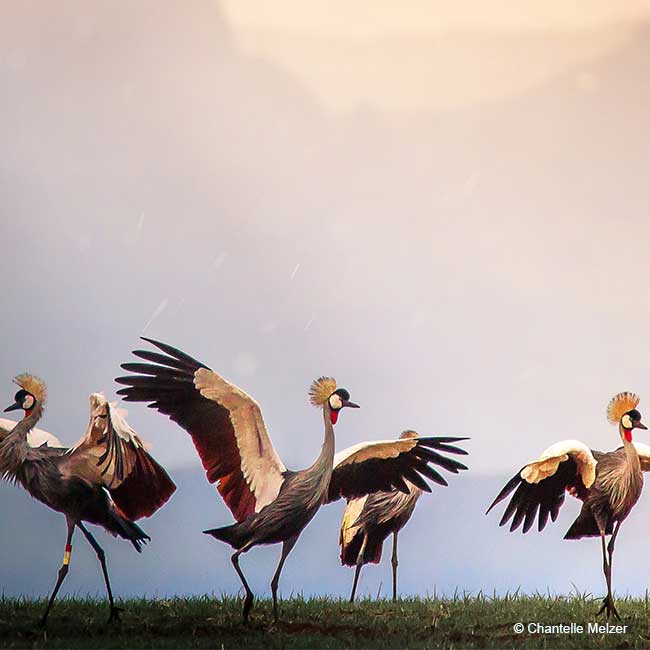
African
Crane
Conservation programme
As flagship species, cranes play a vital role in our Saving Species initiatives. The wetlands and grasslands they inhabit – among South Africa’s most threatened ecosystems – face destruction from mining, development, and overuse. Through our crane conservation programmes, we’re not just Saving Species but protecting entire ecosystems that provide critical services for biodiversity and human communities alike.
4
species
7
countries
37
pack members

birds of prey
programme
The EWT’s Birds of Prey Programme aims to improve population trends of threatened birds of prey in southern Africa and ultimately improve the conservation status of priority species. We are committed to protecting key species and the spaces they depend on.
13
species
6
countries
5
pack members
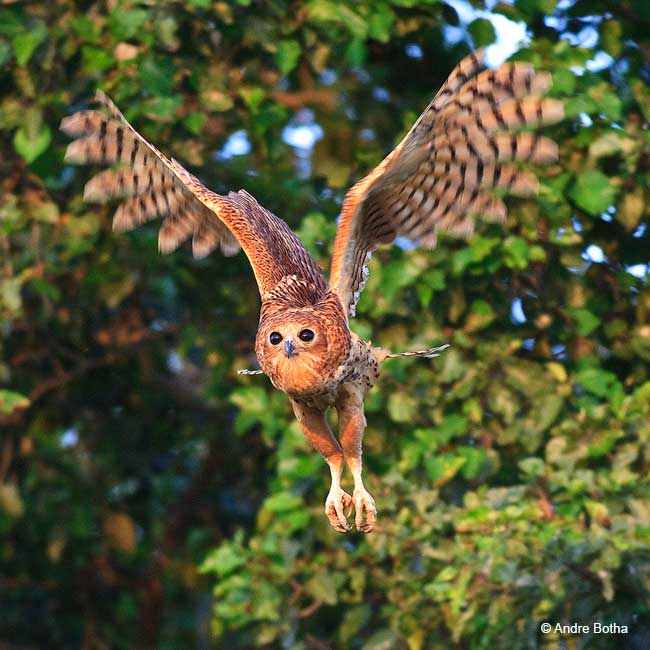

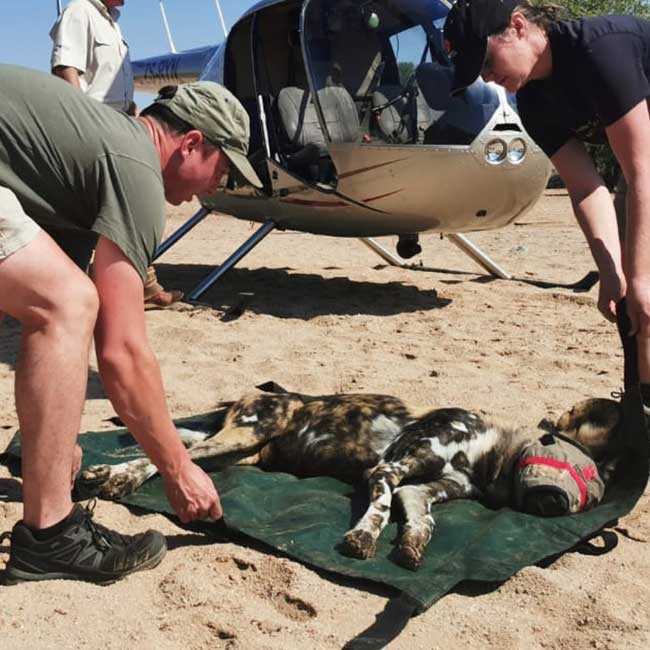
carnivore
conservation programme
Although Africa’s carnivores are celebrated and attract tourists from all over, they face grave threats and are among the most Endangered mammals in Africa. The Endangered Wildlife Trust conserves southern Africa’s carnivores by reducing threats to their survival and protecting and restoring their habitats.
3
species
4
countries
10
pack members

conservation
canine
unit
The EWT’s Canine Conservation Unit (CCU) is a special project established to support the conservation efforts of the EWT through scent detection and tracking dog services. The unit is also available as a service provider to our conservation partners, private landowners and other stakeholders, where dogs can perform a variety of priority conservation-focused tasks.
8
dogs
5
pack members


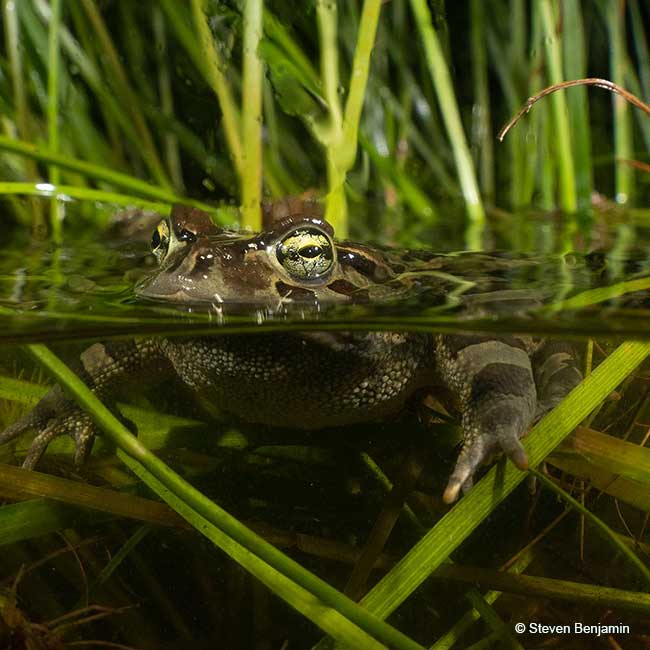
Threatened
amphibian
programme
The EWT’s Threatened Amphibian Programme is the only NGO-based programme dedicated to conserving threatened amphibians and reptiles in southern Africa. We focus on reducing threats to priority species, protecting important freshwater and terrestrial habitats, and increasing people’s awareness of the importance of these often under-prioritised animals.
10
species
1
country
9
pack members

wildlife
and energy
programme
The EWT’s Wildlife and Energy Programme addresses the negative interactions between wildlife and electrical infrastructure. We develop innovative methods to reduce these interactions, work to positively influence the wildlife management policies of utilities, and ultimately phase out problematic processes and hardware.
5
projects
7
countries
8
pack members
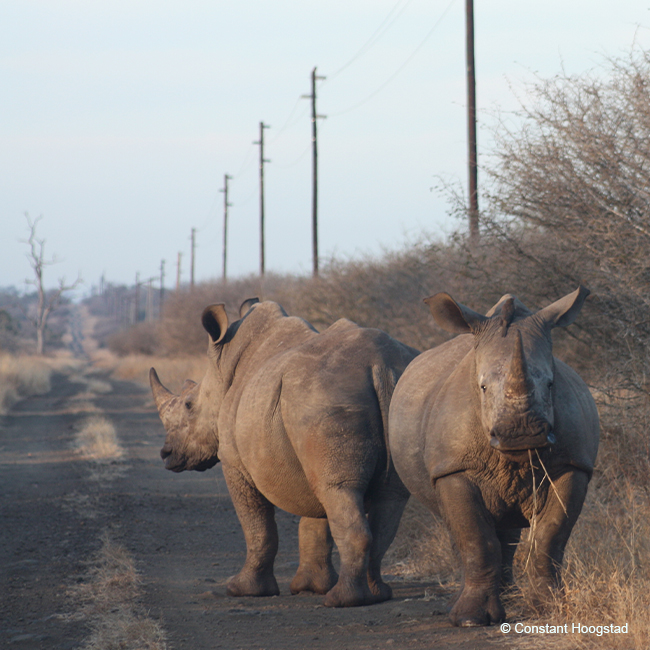

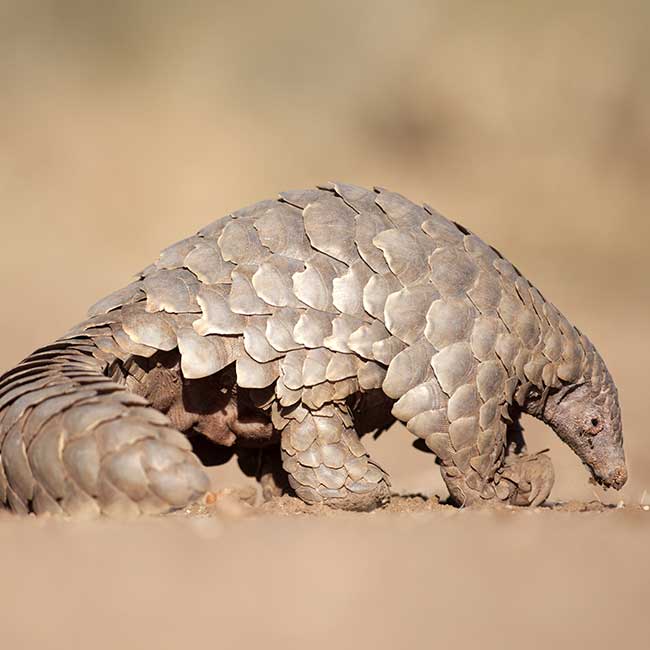
wildlife
in trade
programme
Illegal wildlife trade and unregulated legal trade are significant threats to wildlife locally and globally. Southern Africa is targeted for illegal wildlife trade because of its wide range of plants and animals. The EWT’s Wildlife in Trade Programme aims to reduce trade-related threats that impact the survival of wild animals and plants.
5
species
5
countries
2
pack members

